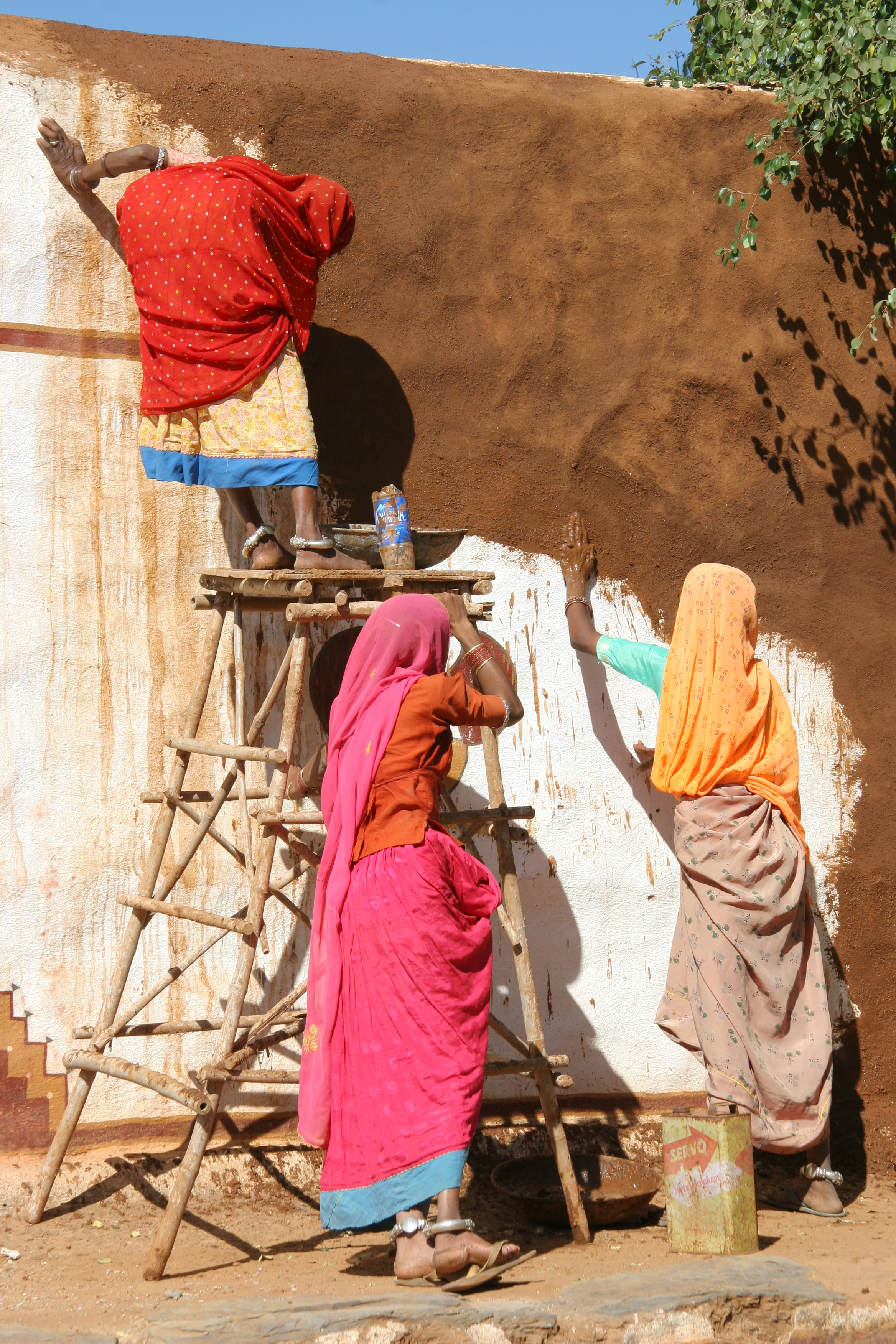- Who We Are
- How We Work
- Regional / Country Initiatives
- Legacy
- Core Themes
- Working Groups
- Portfolio & Results
- Newsroom
- Resources
Policy Lab 2 India: Government-Led Rental Housing Model: Options and Challenges

Recognising the housing vulnerabilities of migrants exposed amid the COVID-19 pandemic
Recognizing the housing vulnerabilities of migrants exposed amid the COVID-19 pandemic, the newly launched vertical under the Government of India’s Pradhan Mantri Awas Yojana (PMAY) – the guideline for Affordable Rental Housing Complexes (ARHC) – seeks to amplify the delivery of affordable rental housing for the migrants and urban poor. The first model specified under the ARHC guidelines proposes to repurpose existing vacant affordable housing into rental housing through an RROT (Rebuild-Retrofit-Operate-Transfer) concessionaire model, that would also engage the private sector.
The Ministry of Housing and Urban Affairs estimated 0.22 million vacant housing units in cities developed by the Government (Reported in Parliament on July 2016) under the National Urban Renewal Mission (JNNURM) and National Slum Upgrading Programme (Rajiv Awas Yojana, RAY). This paradoxical coexistence of vacant public housing and profound residential vulnerabilities among the urban poor may be attributed to the locational disadvantages, among others. Most often, such housing is located at the periphery, especially in larger cities, primarily due to high inner-city land costs. Moreover, lack of viable livelihood opportunities in the outlying areas of cities, inadequate basic and social services and minimal access to public transport at these sites further create reluctance among the migrants and urban poor to opt for such housing – preferring to live closer to livelihood opportunities within the city limits, albeit at the cost of housing condition.
The first Policy Lab of the of the four-part Policy Lab series on Rental Housing in India was organised on 16th September, 2020. It entailed deliberations on the prevailing rental housing policy and regulatory arrangements and the ensuing interventions that would be required to stimulate a functioning rental housing market for the urban poor in India.
The second Policy Lab is titled “Government-led Rental Housing Model: Options and Challenges” and will be organised on 29th October, 2020 at 16:00 IST. The Policy Lab will facilitate discussions on the innovative approaches by the government towards the creation of affordable rental housing stock, especially for migrants and the urban poor. It will also focus on the minutiae of the first model of the newly launched ARHC-PMAY guideline, with specific reference to greenfield public investments in rental housing and the proposed methodology to repurpose vacant government-funded housing complexes for rental housing. It will engage experts from across the globe to draw lessons from various international experiences in publicly-supplied rental housing models that have addressed the emergent barriers and protected interests of all stakeholders. It shall examine five key issues in producing and delivering public rental housing to the poor; a) location, b) governance, data and institutional arrangements, c) financing, d) basic and social infrastructure and maintenance and e) community participation.
The event will be online via Zoom and is a closed event having attendance by invite only.




